How to Clean a Bathroom Sink Drain
Keeping your bathroom sink drain clean is an essential part of maintaining a hygienic and functional bathroom. A clogged drain can cause unpleasant odors, slow drainage, and even potential water damage. Regularly cleaning your bathroom sink drain can help prevent these issues and keep your bathroom looking and smelling fresh. Here's how to clean a bathroom sink drain in 10 easy steps.
Best Ways to Unclog a Bathroom Sink Drain
If you've noticed that your bathroom sink drain is draining slowly or not draining at all, it's likely that it's clogged. There are a few different methods you can try to unclog a bathroom sink drain, depending on the severity of the clog and your preferred cleaning methods. Here are some of the best ways to unclog a bathroom sink drain.
DIY Bathroom Sink Drain Cleaning
If you prefer to use natural and homemade cleaning solutions, there are several options for DIY bathroom sink drain cleaning. One popular method is using a mixture of baking soda and vinegar. Simply pour about half a cup of baking soda down the drain, followed by a cup of vinegar. Let it sit for a few minutes, then pour boiling water down the drain to flush out the mixture and any debris. You can also try using a plunger or a drain snake to dislodge the clog.
Natural Drain Cleaners for Bathroom Sinks
In addition to the baking soda and vinegar method, there are several other natural drain cleaners that you can use to clean your bathroom sink drain. These include using lemon juice and salt, baking soda and salt, or baking soda and hot water. These solutions can help dissolve and loosen clogs without the use of harsh chemicals.
Tips for Maintaining a Clean Bathroom Sink Drain
Prevention is key when it comes to maintaining a clean bathroom sink drain. Regularly cleaning your drain with one of the methods mentioned above can help prevent clogs from forming. You can also use a hair catcher or drain screen to catch any debris before it goes down the drain. Additionally, make sure to avoid pouring grease, oil, and other substances down the drain, as they can quickly lead to clogs.
Tools for Cleaning a Bathroom Sink Drain
If you prefer to use more traditional tools for cleaning your bathroom sink drain, there are a few options available. A plunger can be used to dislodge clogs, while a drain snake can be used to physically remove any debris. You can also purchase a chemical drain cleaner from your local hardware store, but make sure to use caution and follow the instructions carefully to avoid damaging your pipes.
Vinegar and Baking Soda Drain Cleaning Method
The vinegar and baking soda method is a popular and effective way to clean a bathroom sink drain. The mixture of these two ingredients creates a chemical reaction that can help dissolve and loosen clogs. This method is also safe for your pipes and environmentally friendly.
Professional Drain Cleaning Services for Bathroom Sinks
If you've tried DIY methods and your bathroom sink drain is still clogged, it may be time to call in the professionals. A professional drain cleaning service will have the necessary tools and expertise to properly unclog your drain and ensure it stays clean and functional. This may be a more expensive option, but it can save you time and frustration in the long run.
Preventing Clogs in Bathroom Sink Drains
Preventing clogs in your bathroom sink drain is all about being mindful of what goes down it. Avoid pouring grease, oil, and other substances down the drain, and make sure to regularly clean and maintain your drain. Using a hair catcher or drain screen can also help prevent hair and other debris from clogging your drain.
How Often Should You Clean Your Bathroom Sink Drain?
The frequency of cleaning your bathroom sink drain will depend on several factors, such as how often it's used and whether there are any underlying issues with your plumbing. Generally, it's recommended to clean your bathroom sink drain once a month to prevent clogs and maintain a clean and functional drain. However, if you notice any issues, such as slow drainage or unpleasant odors, it may be necessary to clean it more frequently.
Why Cleaning Your Bathroom Sink Drain is Essential for a Clean and Healthy Home

The Importance of a Clean Bathroom Sink Drain
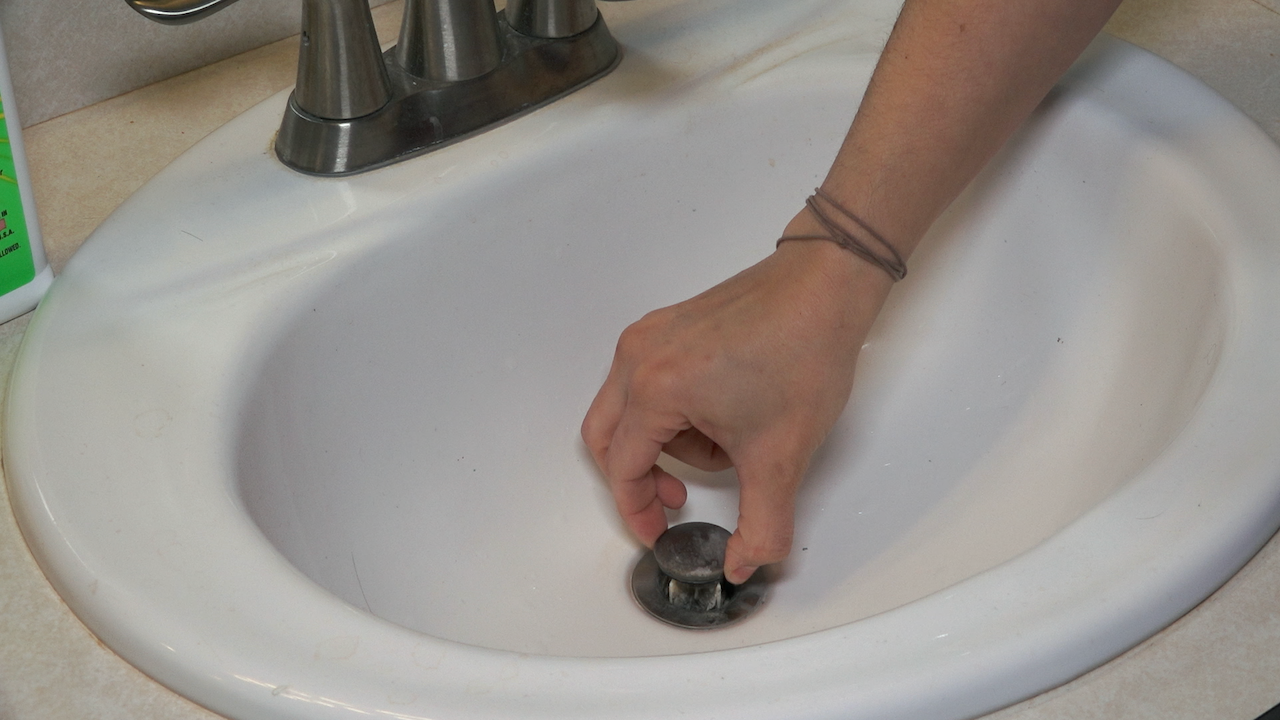 Keeping your bathroom sink drain clean is crucial for maintaining a clean and healthy home. Over time, dirt, hair, soap scum, and other debris can build up in your drain and cause clogs and unpleasant odors. Not only is this unsanitary, but it can also lead to more serious plumbing issues if left unaddressed. Regularly cleaning your bathroom sink drain can prevent these problems and ensure that your bathroom remains a pleasant and hygienic space.
Keeping your bathroom sink drain clean is crucial for maintaining a clean and healthy home. Over time, dirt, hair, soap scum, and other debris can build up in your drain and cause clogs and unpleasant odors. Not only is this unsanitary, but it can also lead to more serious plumbing issues if left unaddressed. Regularly cleaning your bathroom sink drain can prevent these problems and ensure that your bathroom remains a pleasant and hygienic space.
The Benefits of a Clean Bathroom Sink Drain
 A clean bathroom sink drain not only prevents clogs and unpleasant odors, but it also has many other benefits. Firstly, it improves the overall appearance of your bathroom. A clogged or dirty drain can make your sink look unappealing and can even create a breeding ground for bacteria and mold. Additionally, a clean drain can prevent water from backing up and causing damage to your sink and surrounding areas. By regularly cleaning your bathroom sink drain, you can avoid costly repairs and maintain the longevity of your plumbing system.
A clean bathroom sink drain not only prevents clogs and unpleasant odors, but it also has many other benefits. Firstly, it improves the overall appearance of your bathroom. A clogged or dirty drain can make your sink look unappealing and can even create a breeding ground for bacteria and mold. Additionally, a clean drain can prevent water from backing up and causing damage to your sink and surrounding areas. By regularly cleaning your bathroom sink drain, you can avoid costly repairs and maintain the longevity of your plumbing system.
How to Clean Your Bathroom Sink Drain
:strip_icc()/how-to-clean-a-bathroom-sink-drain-01-c728294c8bee42428afdf3e69f449279.jpg) Now that we understand the importance of a clean bathroom sink drain, let's discuss how to properly clean it. There are several methods you can use, but the most effective and environmentally friendly option is using a combination of baking soda and vinegar. Start by pouring half a cup of baking soda down the drain, followed by half a cup of vinegar. Let the mixture sit for about 15 minutes, then pour hot water down the drain to flush out any remaining debris. For tougher clogs, you can use a plunger or a drain snake to dislodge the blockage. It's also essential to regularly remove and clean the drain stopper to prevent buildup.
Now that we understand the importance of a clean bathroom sink drain, let's discuss how to properly clean it. There are several methods you can use, but the most effective and environmentally friendly option is using a combination of baking soda and vinegar. Start by pouring half a cup of baking soda down the drain, followed by half a cup of vinegar. Let the mixture sit for about 15 minutes, then pour hot water down the drain to flush out any remaining debris. For tougher clogs, you can use a plunger or a drain snake to dislodge the blockage. It's also essential to regularly remove and clean the drain stopper to prevent buildup.
Maintaining a Clean Bathroom Sink Drain
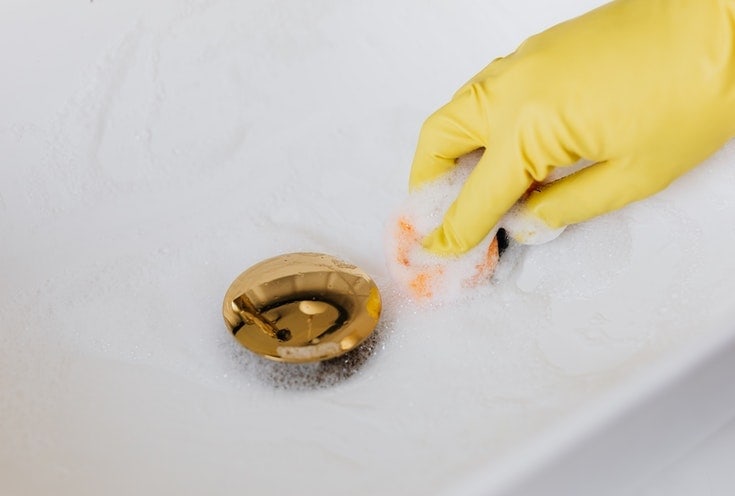 Regularly cleaning your bathroom sink drain is essential, but there are also steps you can take to maintain a clean drain in between deep cleanings. Avoid pouring grease, oil, and large food particles down the drain, as these can quickly cause clogs. Also, consider using a hair catcher in your drain to prevent hair from going down and causing buildup. Lastly, make sure to run hot water down the drain after each use to flush out any remaining debris.
In conclusion, a clean bathroom sink drain is vital for a clean and healthy home. By regularly cleaning and maintaining your drain, you can prevent clogs, unpleasant odors, and potential plumbing issues. Remember to use natural cleaning methods and take preventive measures to keep your bathroom sink drain in top condition. By following these tips, you can ensure that your bathroom remains a pleasant and hygienic space for you and your family.
Regularly cleaning your bathroom sink drain is essential, but there are also steps you can take to maintain a clean drain in between deep cleanings. Avoid pouring grease, oil, and large food particles down the drain, as these can quickly cause clogs. Also, consider using a hair catcher in your drain to prevent hair from going down and causing buildup. Lastly, make sure to run hot water down the drain after each use to flush out any remaining debris.
In conclusion, a clean bathroom sink drain is vital for a clean and healthy home. By regularly cleaning and maintaining your drain, you can prevent clogs, unpleasant odors, and potential plumbing issues. Remember to use natural cleaning methods and take preventive measures to keep your bathroom sink drain in top condition. By following these tips, you can ensure that your bathroom remains a pleasant and hygienic space for you and your family.


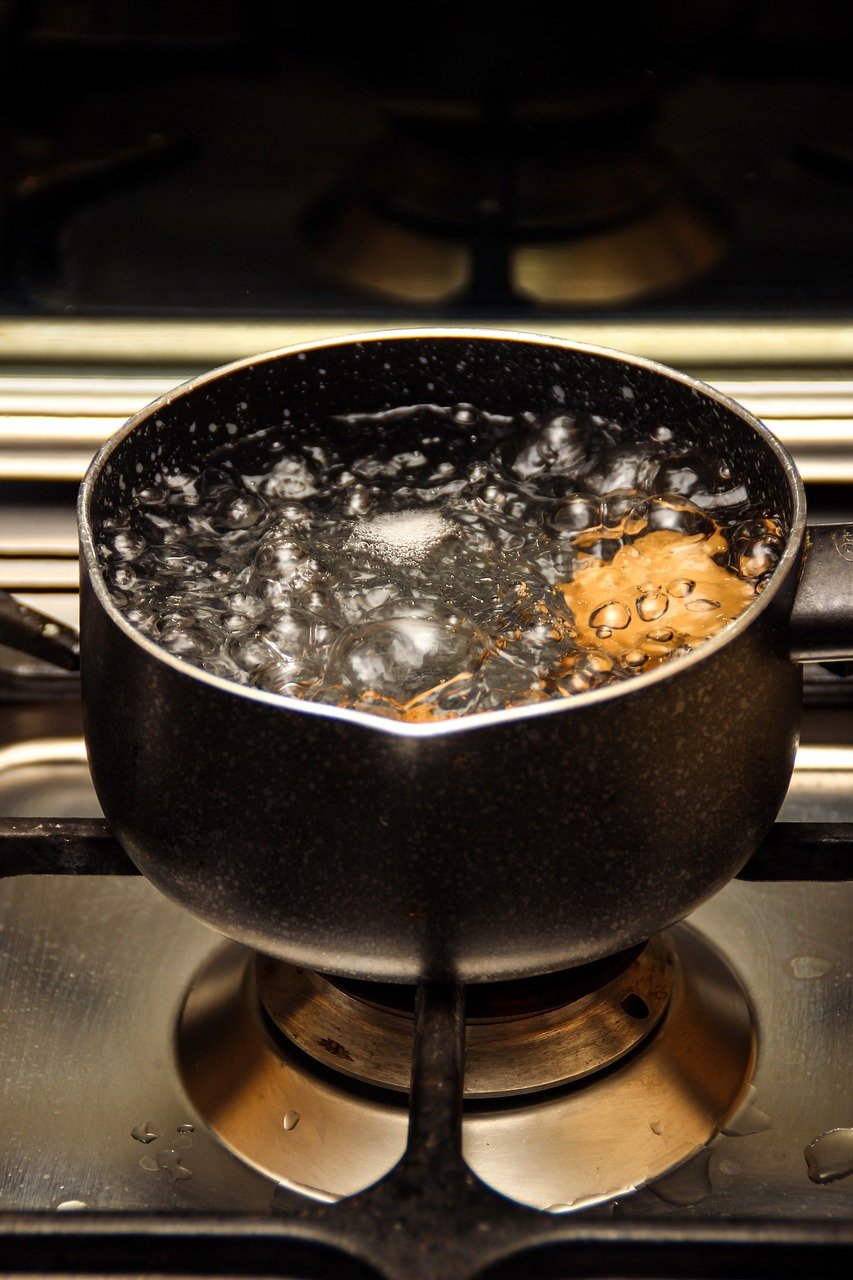

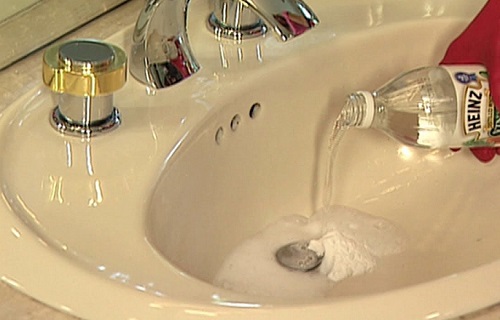

:max_bytes(150000):strip_icc()/freshen-and-unclog-drain-with-baking-soda-1900466-22-bbf940b70afa4d5abef0c54da23b1d3f.jpg)





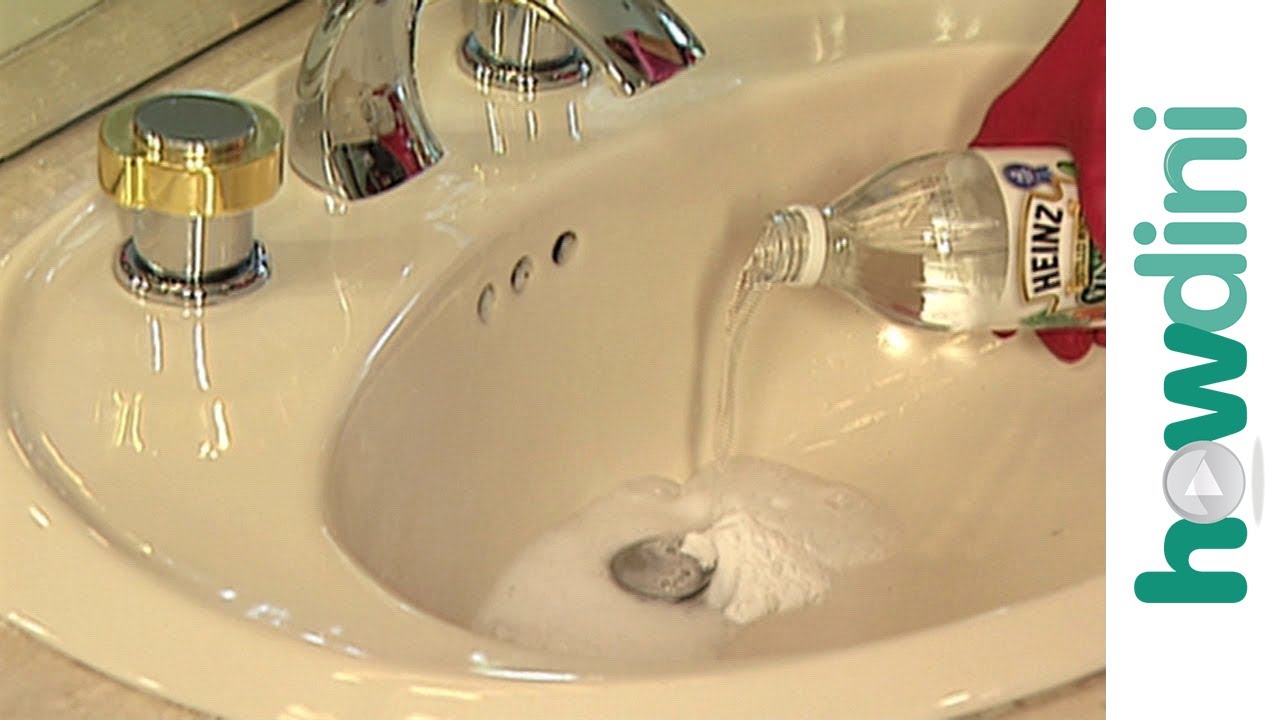




:max_bytes(150000):strip_icc()/freshen-and-unclog-drain-with-baking-soda-1900466-22-bbf940b70afa4d5abef0c54da23b1d3f.jpg)


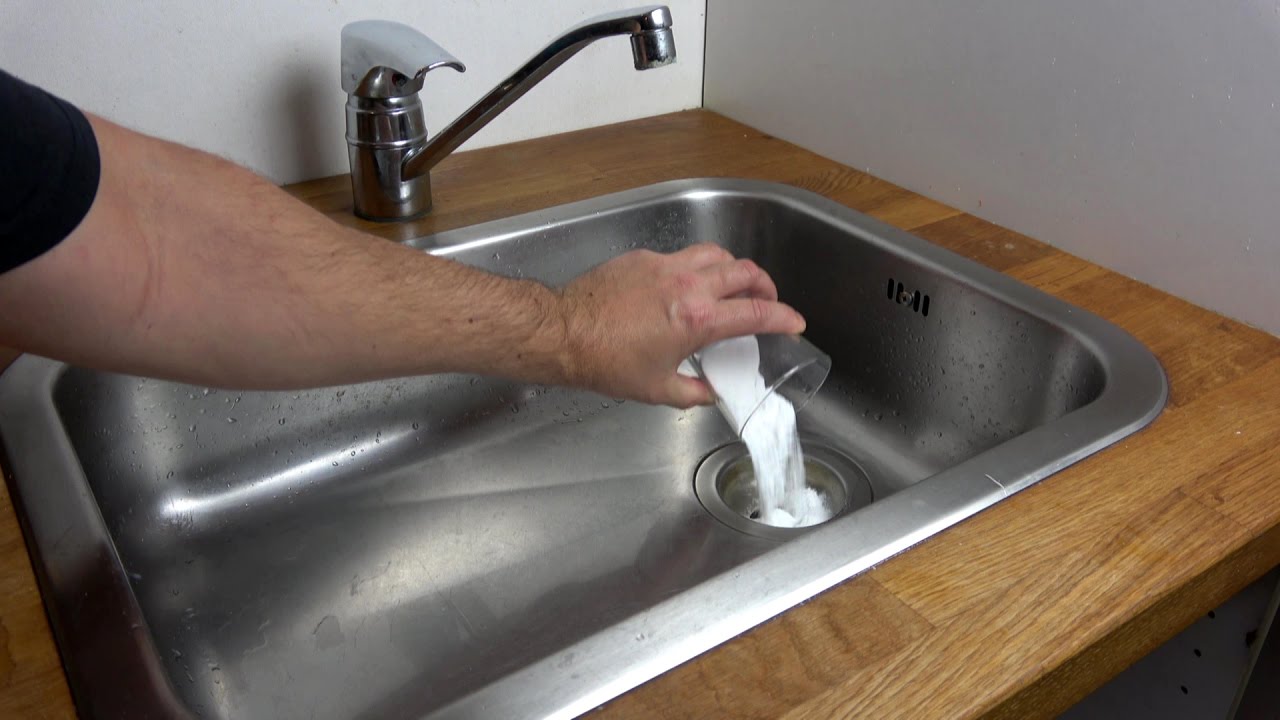

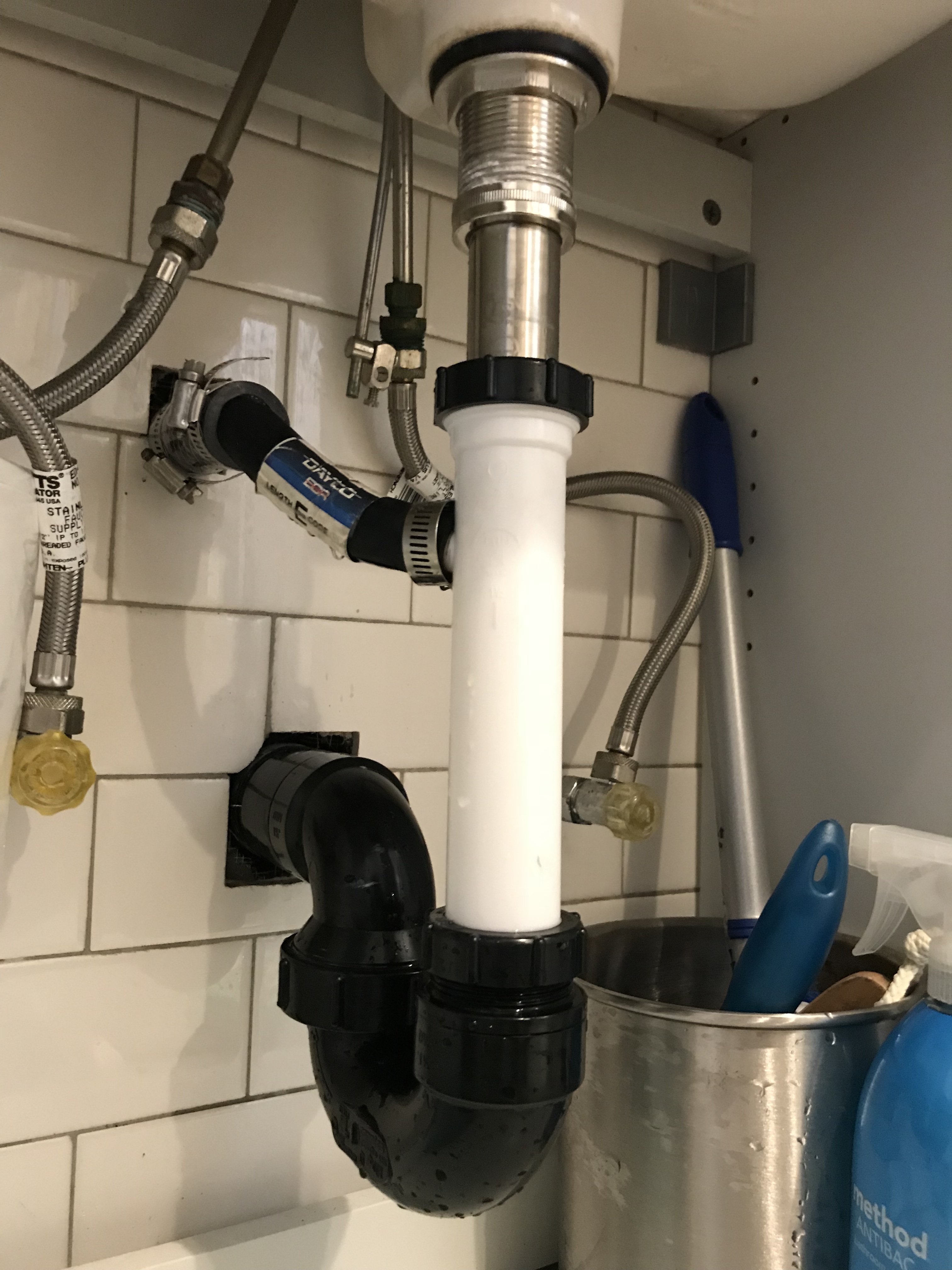




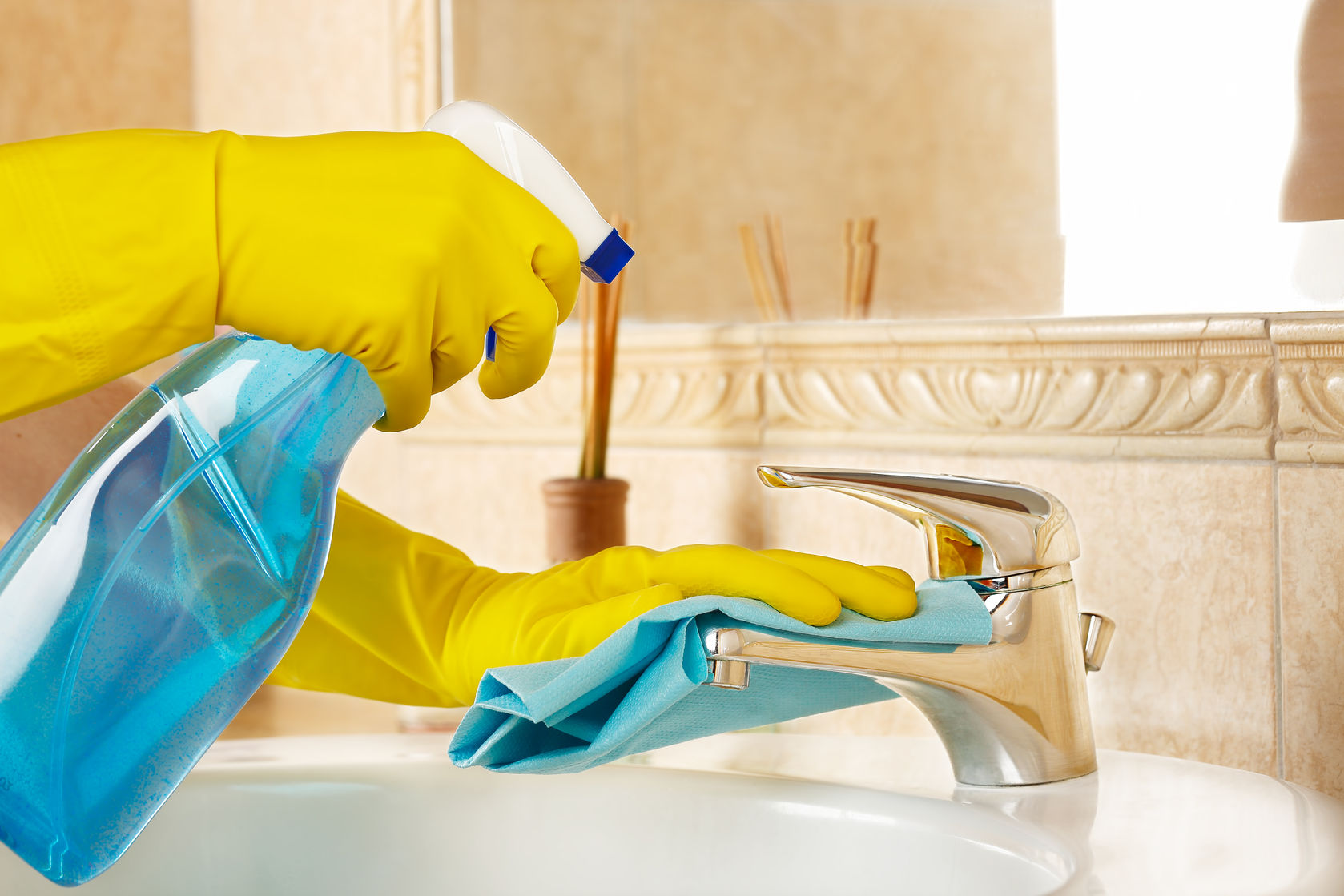

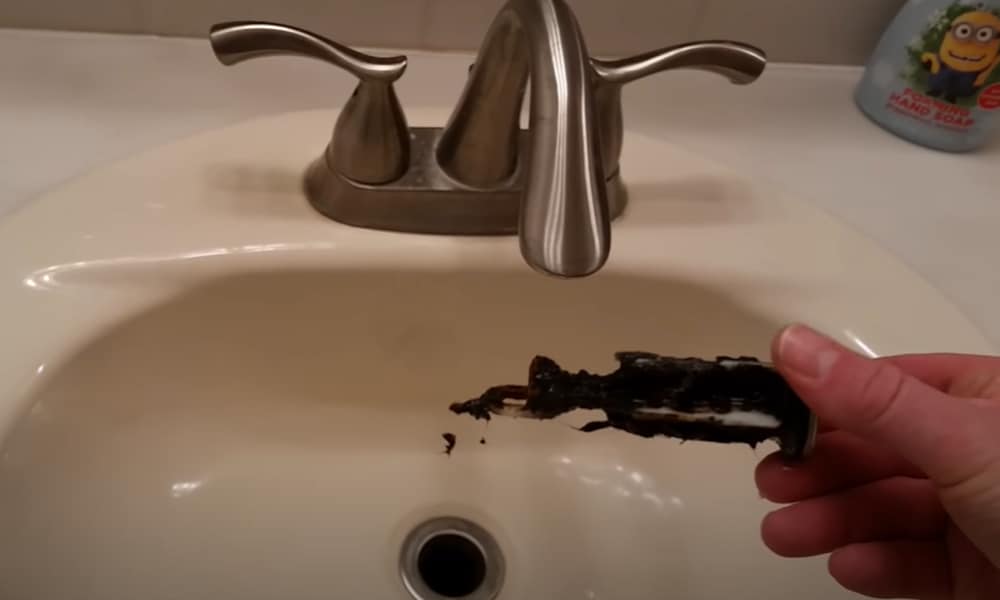









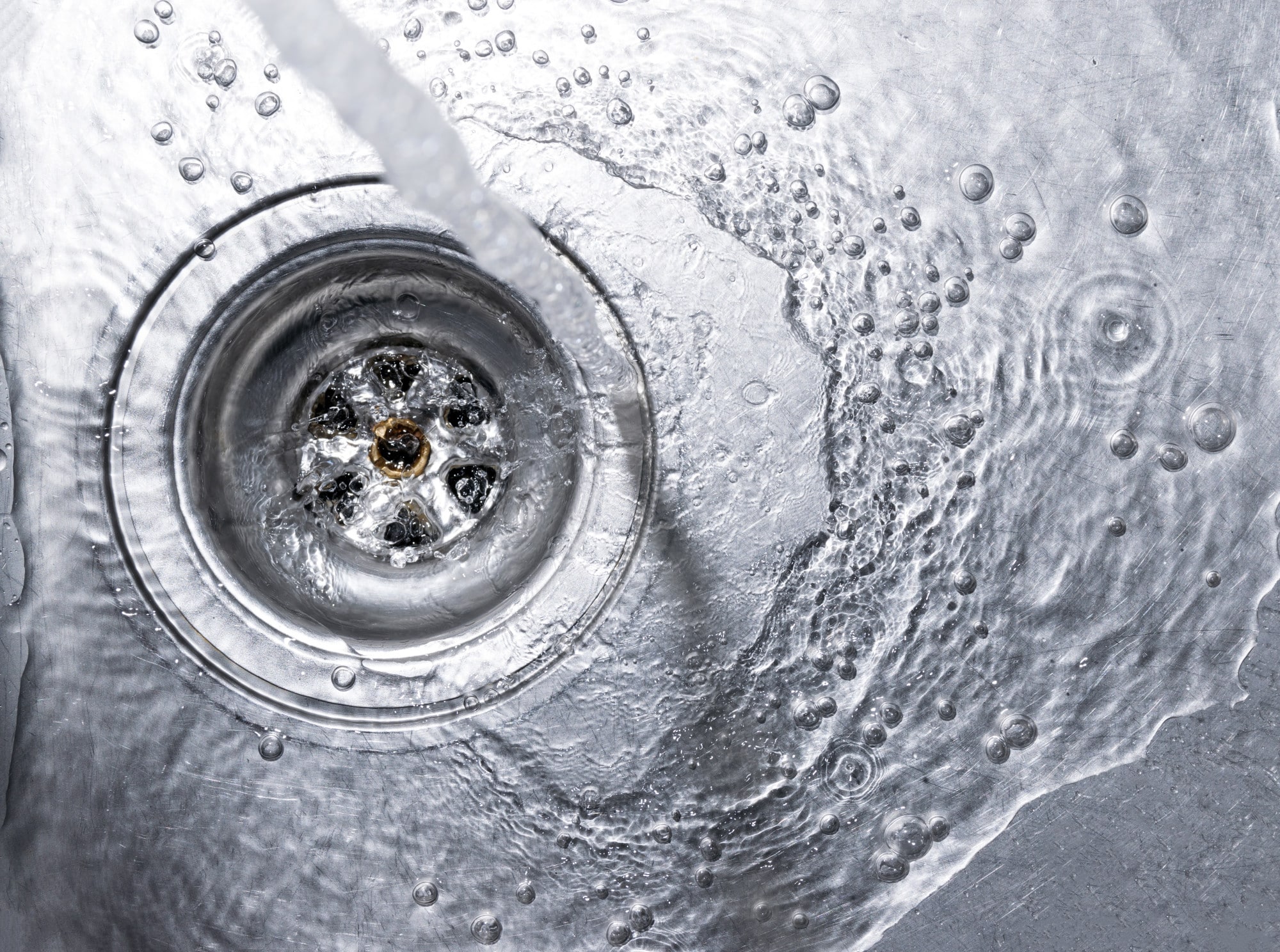



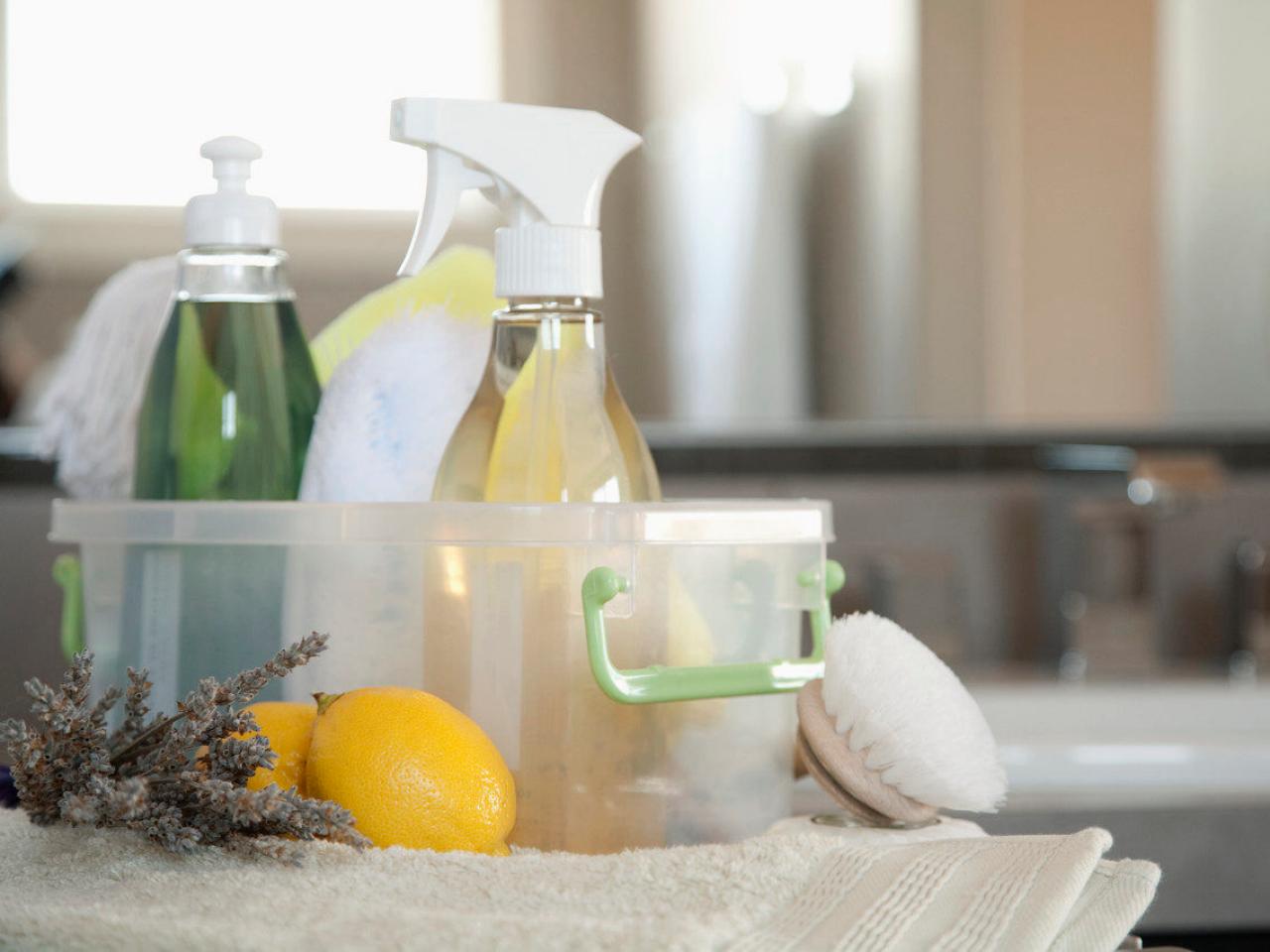
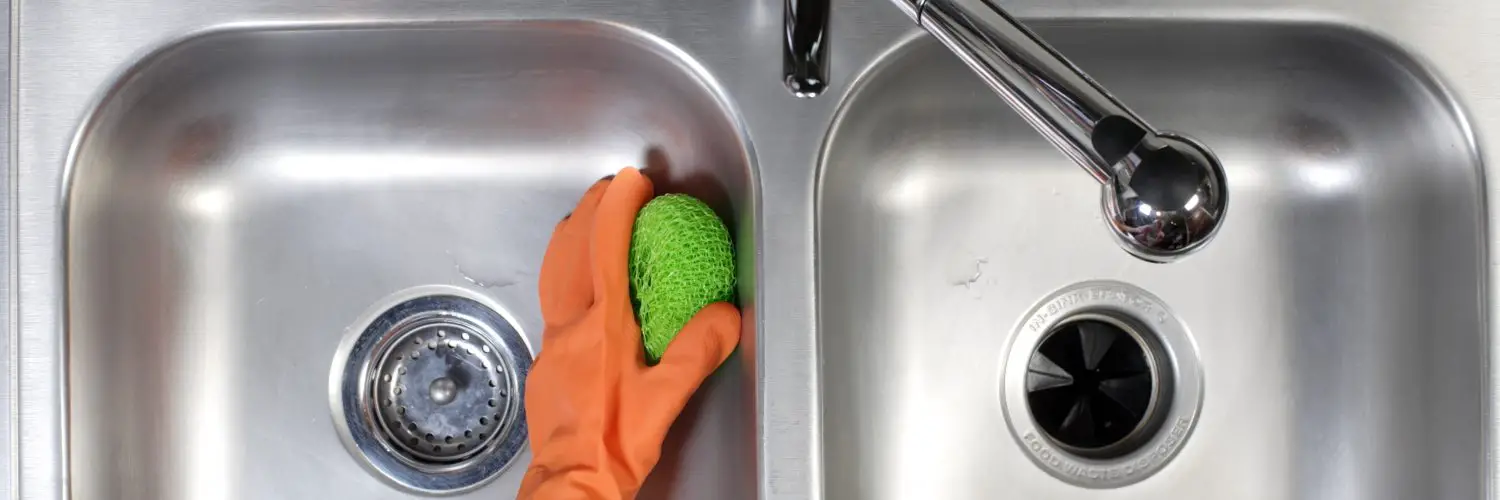





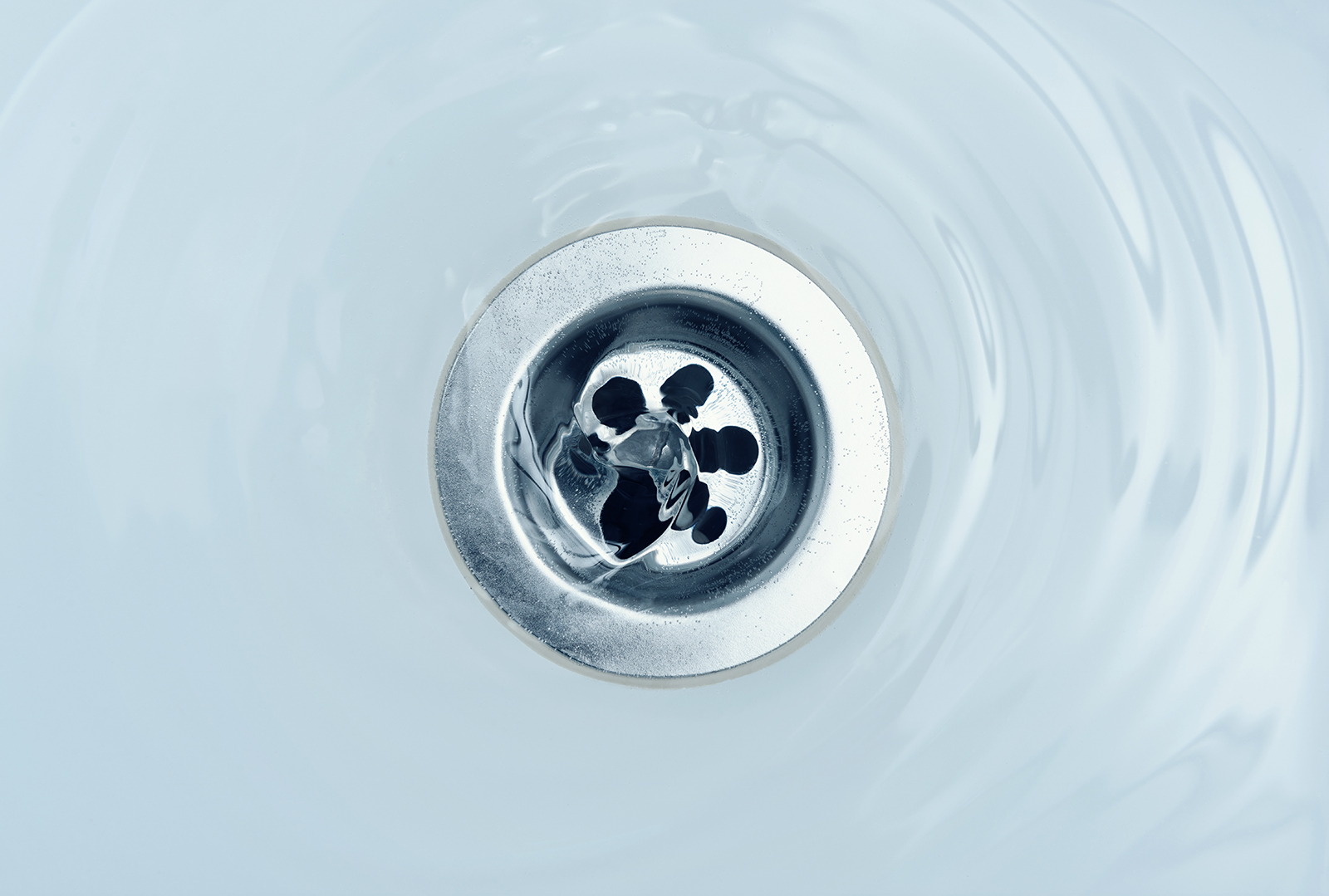



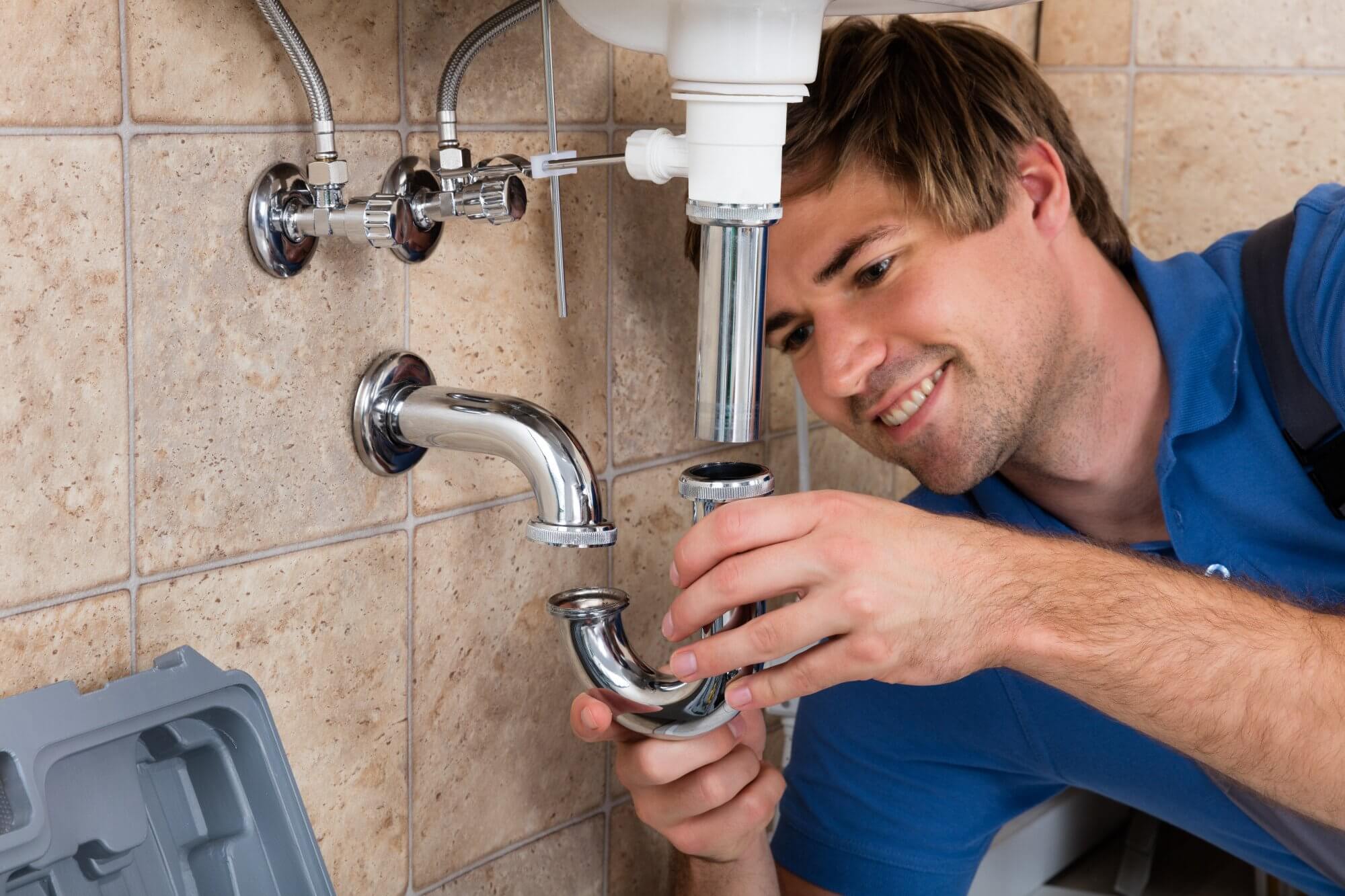




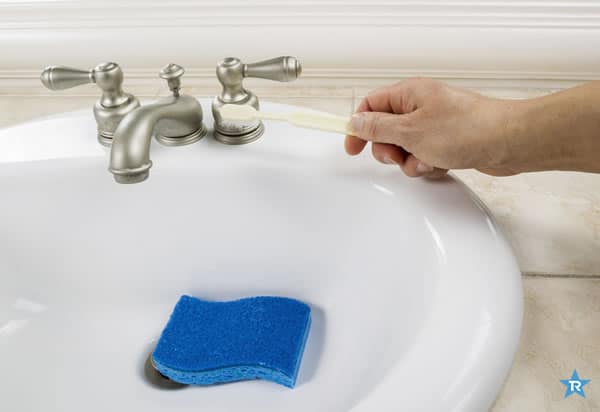
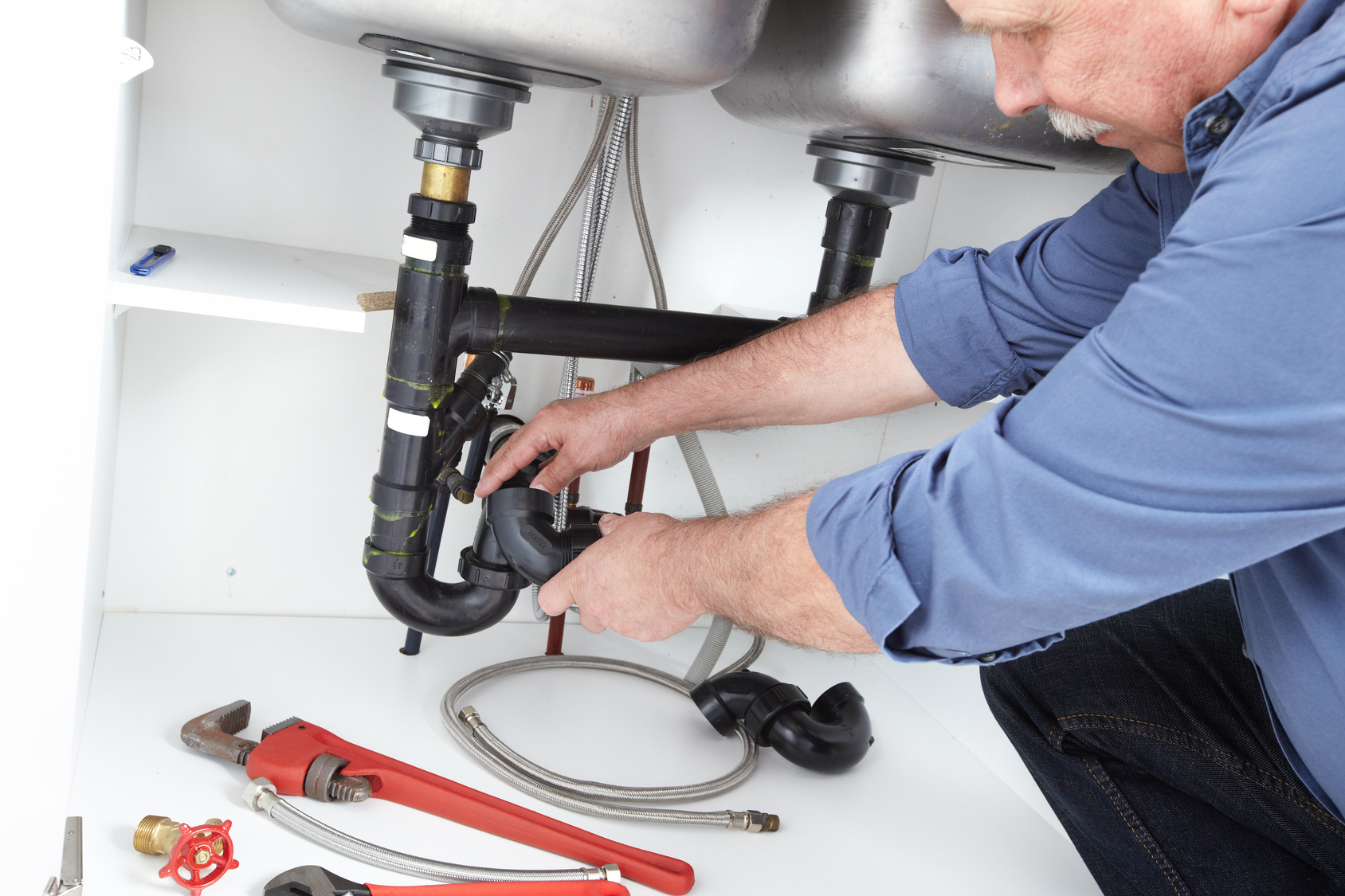





:max_bytes(150000):strip_icc()/freshen-and-unclog-drain-with-baking-soda-1900466-18-1a5b5da01939471ca8f8823865bd1ce8.jpg)



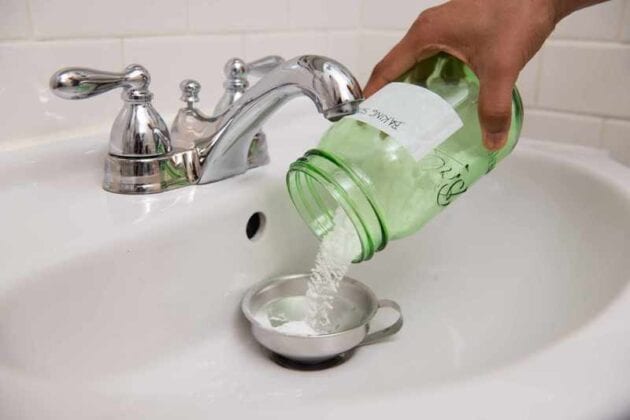










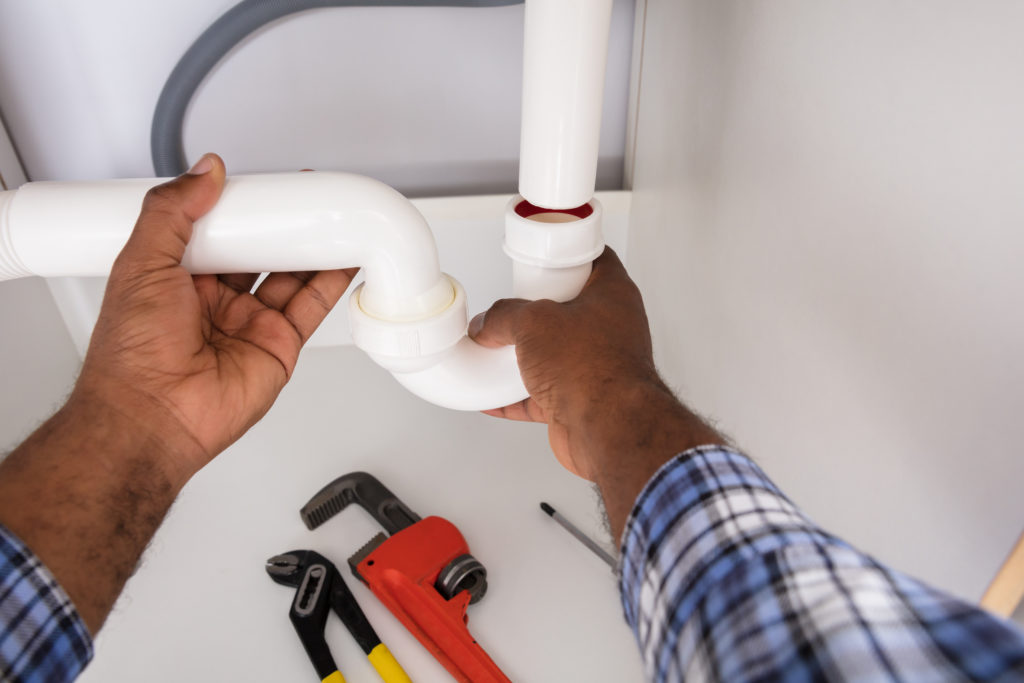
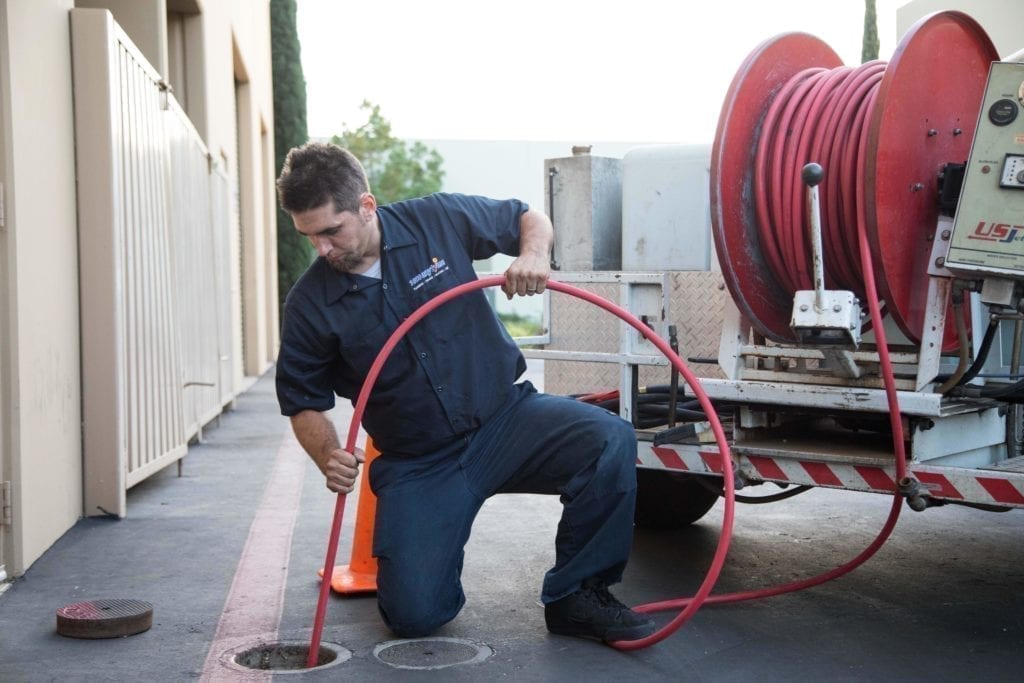


:max_bytes(150000):strip_icc()/BestDrainCleaningServices_edit-a4558e7bcba34b0781f69b27f6eb98fc.jpg)

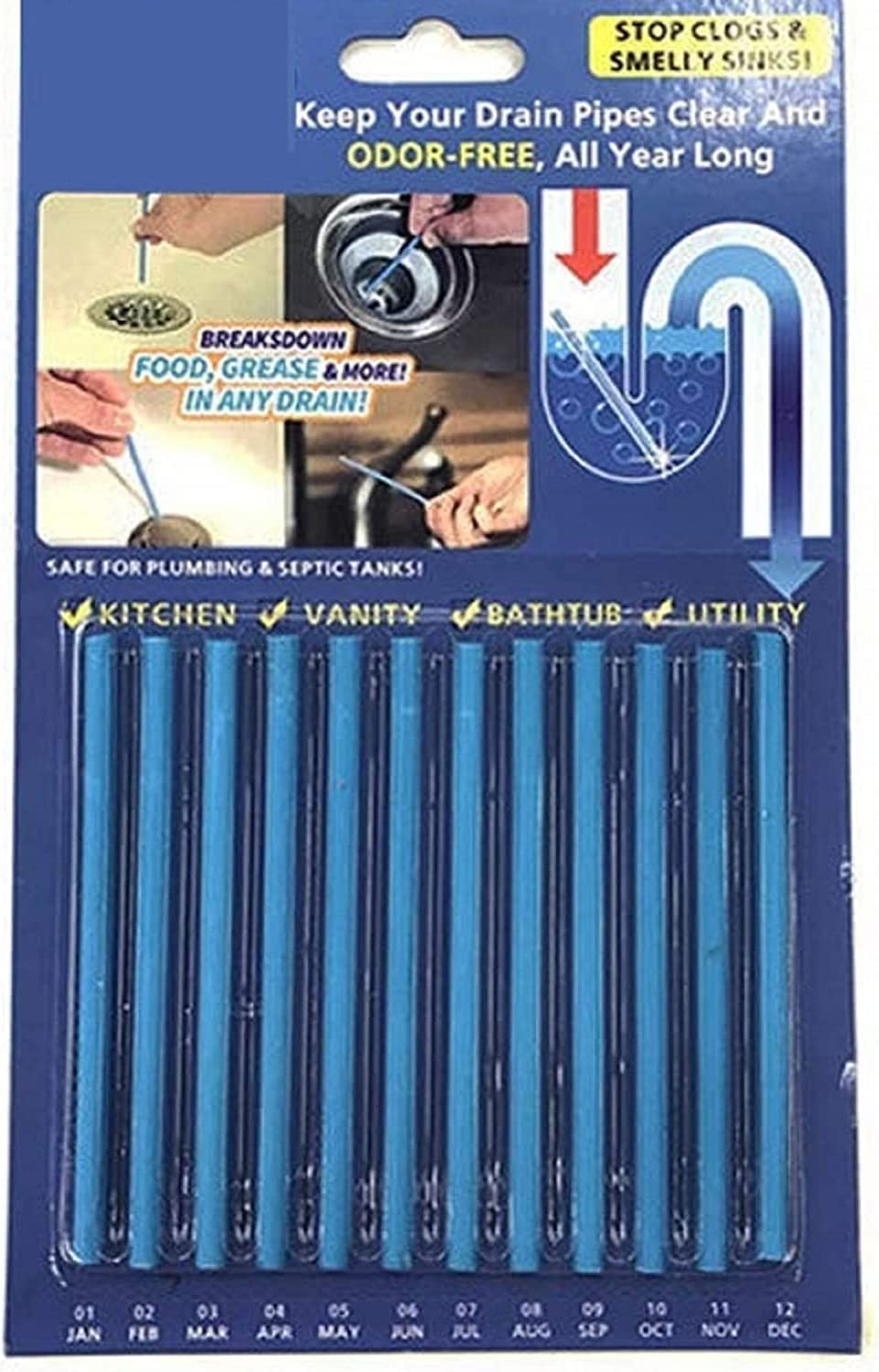



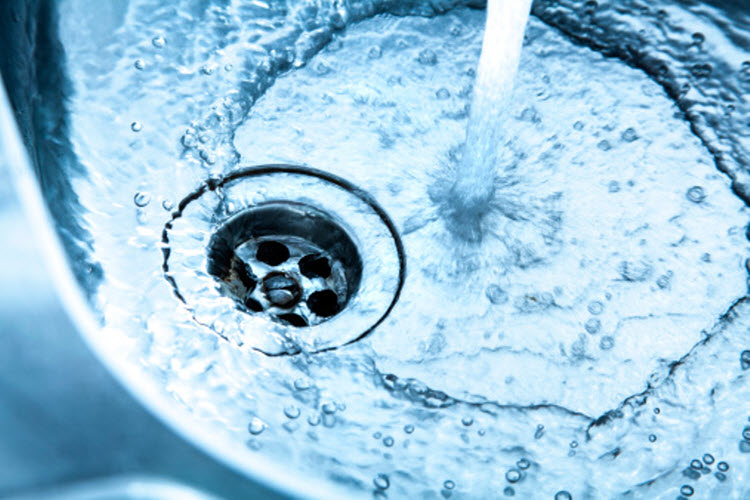


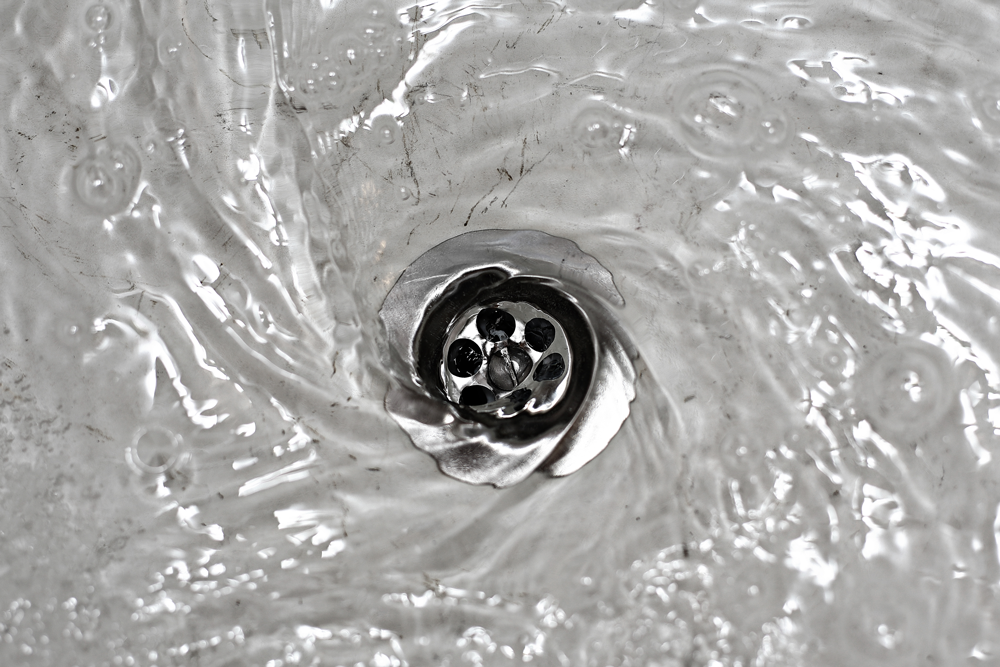






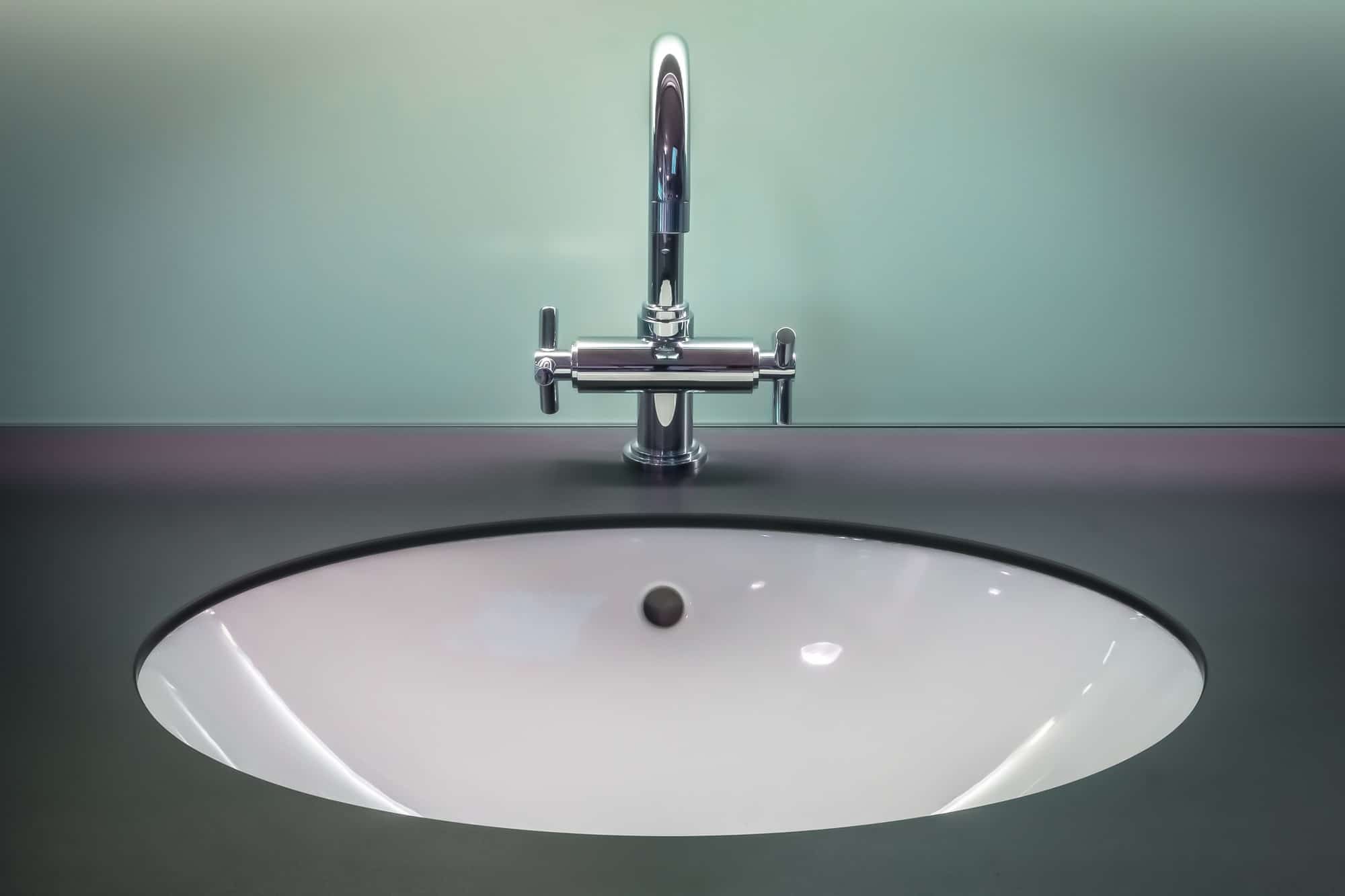



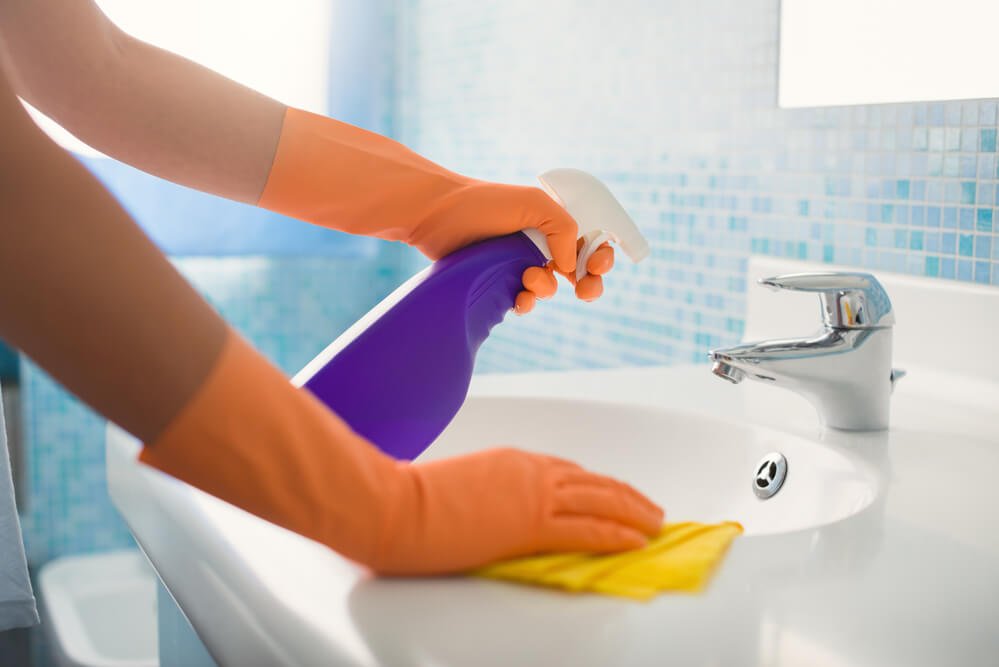

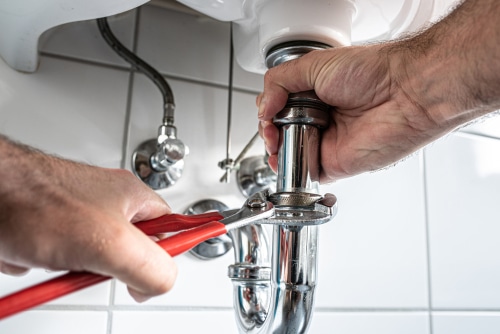
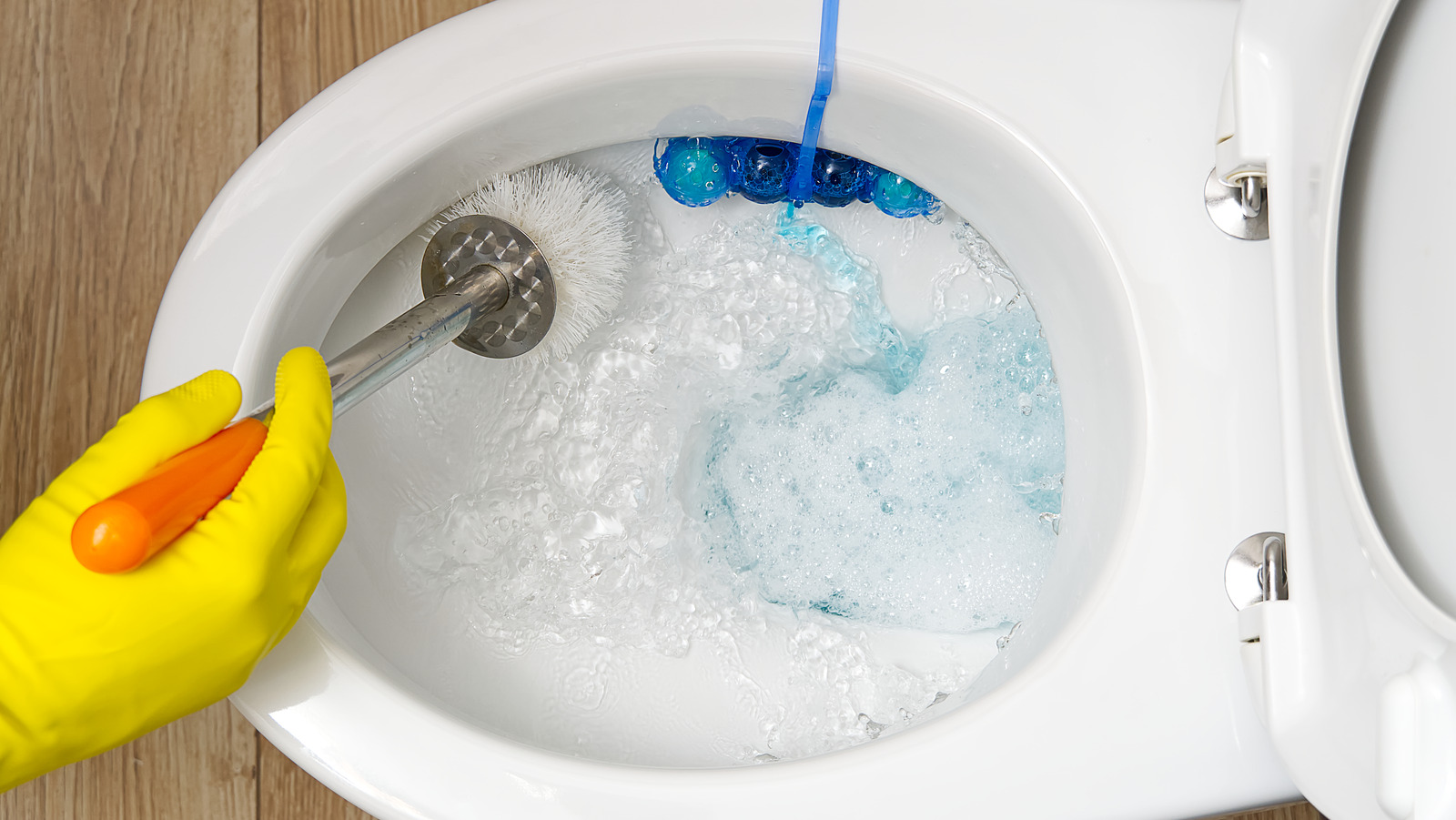

:max_bytes(150000):strip_icc()/saatva-63d06d85b09f424c82c644989f06b2b6.jpg)




